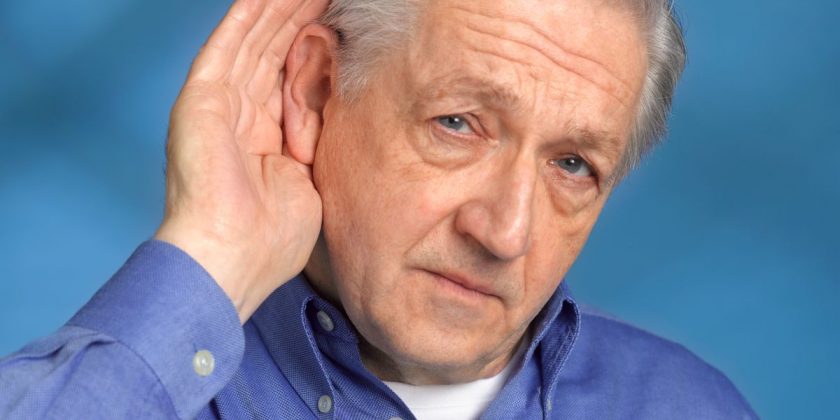Specsavers has offered top tips to protect your hearing – as data reveals a third of Brits will suffer from tinnitus in their lifetime.
A survey of 1,000 adults over 40, with impaired hearing, found that 82% admit they took their hearing for granted in their younger years – with 48% wishing they could turn back time and protect their hearing from an earlier age.
More than a third (35%) feel that their hearing condition was caused by too much loud music, with 22% claiming they overdid it at gigs, raves, and festivals in their heyday.
Six in ten (61%) even remember experiencing ringing in their ears after a gig – one of the early warning signs of tinnitus.
And 45% wish they had been more mindful of how their hearing could be damaged in loud environments.
The research, commissioned by Specsavers for Tinnitus Week, aims to educate Brits on signs of the common hearing condition that can sound like ringing, humming, or buzzing in the ear.
It comes after data from Tinnitus UK estimated as many as 22.9 million people across the UK will be affected by tinnitus in their lifetime.

Gordon Harrison, chief audiologist at Specsavers, said: “You should always consider how you can protect your hearing before heading into noisy environments.
“Listening to loud sounds without appropriate protection can cause long-term damage to your hearing – especially for younger adults and children, who are much more sensitive to sound.
“Hearing protection and ear plugs can be helpful, as can regular breaks away from the noise. Avoid standing in front of speakers, too, and exercise caution when wearing headphones.
“To stay safe, never listen to music above 60% volume, and try to give your ears regular breaks from headphones.”
The study also found 38% of those with hearing difficulties said older age was a major contributor, while 29% said ear infections and built-up earwax is a cause.
Others cite working in noisy environments such as factories, clubs, or construction (29%) for their current hearing issues.
Sadly, 51% of those with reported tinnitus claim it is severe – and, of these, 27% are affected on a daily basis, as they struggle to concentrate (44%), sleep (42%), and listen to music (30%).
Caroline Savage, interim chief executive of Tinnitus UK, said: “This Tinnitus Week, we’re highlighting to people that noise exposure is the single biggest preventable cause of tinnitus, and reminding them to look after their ears.

-

Top 20 steps Brits take to boost immune system – including flushing out colon

“If you’re doing something that’s loud, even for a couple of minutes, use hearing protection. That way you can carry on enjoying your favourite activity – whether that’s DIY or dancing, motorbiking or music.
“We want protecting your ears to be second nature – the same way we belt up when we get in the car, or put on sunscreen when we’re outdoors.”
Of the parents who were surveyed, 62% are worried their children will also suffer from hearing difficulties if precautions are not taken now.
As a result, two-thirds are proactively warning their children of the dangers of overexposing their ears, so they don’t suffer the same way later in life.
More than half (53%) try to warn them by explaining the hearing issues they face, while 47% give them guidance on volume limits, and 31% turn their music and TV volume down.
But the research, carried out via OnePoll, found that, despite their best efforts, one in five said their children ignore their warnings.
Gordon Harrison, at Specsavers, added: “It’s great to see parents educating their kids on hearing difficulties and the potential risks involved when exposed to loud sounds such as live music, headphones, or noisy working environments.
“Our hearing is incredibly important and can bring us so much joy, particularly when listening to music – but it must be done safely to ensure your hearing remains protected.”
Source: Read Full Article
